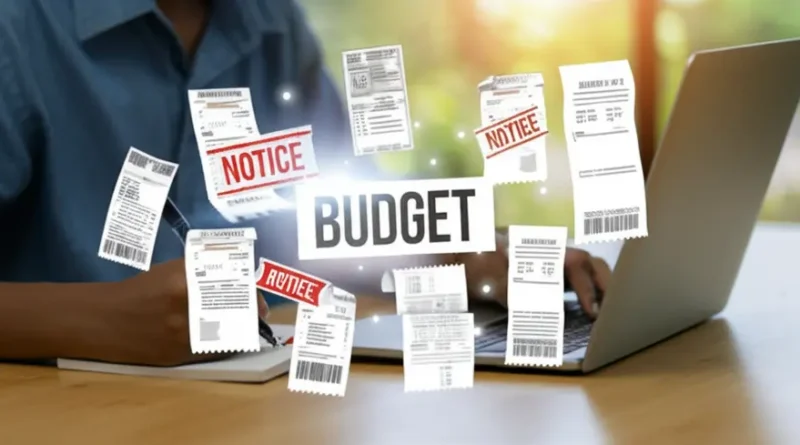10 Smart Strategies to Reduce Your Monthly Expenses
In today’s fast-paced financial climate, managing monthly expenses efficiently is crucial for maintaining a healthy budget. With rising costs in various sectors, including groceries, utilities, and leisure activities, many individuals and families are looking for smart strategies to curb their monthly spending. Here are ten proven strategies that can help you take control of your finances and keep your expenses in check.
1. Create a Comprehensive Budget
The first step towards reducing your monthly expenses is to create a detailed budget. Track your income and categorize your expenditures. This understanding will allow you to identify unnecessary spending and areas where you can save. There are many budgeting apps available that can simplify this process by visualizing your financial data.
2. Cut Out Unused Subscriptions
We often forget the subscriptions we signed up for years ago. Whether it’s streaming services, magazines, or gym memberships, reviewing these subscriptions can unveil significant savings. Cancel any subscription that you don’t use regularly. Remember, every dollar counts!
3. Prepare Your Meals at Home
Dining out can quickly deplete your finances, so consider preparing meals at home instead. Cooking in bulk not only saves money but can also be healthier. Researching new recipes can be exciting and give you an opportunity to manage portion sizes better.
4. Shop Wisely for Groceries
Grocery shopping doesn’t have to break the bank. Creating a shopping list based on meal planning can help avoid impulse purchases. Look for store promotions, use coupons, and consider shopping at local farmers’ markets for fresh produce at lower prices.
5. Reduce Utility Expenses
Your utility bills can be a major monthly expense, but there are various ways to reduce these costs. Start by evaluating your energy consumption; simple actions like turning off lights when you leave a room or unplugging devices can lead to lower electricity bills. Additionally, consider investing in energy-efficient appliances and weatherproofing your home.
6. Use Public Transportation
If feasible, utilizing public transportation instead of driving can save you money on gas, parking, and maintenance. Additionally, biking or walking can be beneficial for your health and wallet. Many cities also offer discounts or monthly passes, making public transport an even more cost-effective option.
7. Reevaluate Your Insurance Policies
Insurance premiums can eat up a significant portion of your monthly budget. Reassess your policies for auto, home, and health insurance to ensure you’re not overpaying. Don’t hesitate to shop around or negotiate with your current providers. Often, bundling policies can provide substantial savings.
8. Optimize Your Internet and Phone Plans
Examine your current internet and phone plans. Many providers have competitive offers, so it’s worth investigating if you can save by switching to a different plan or provider altogether. Also, look for family plans that allow multiple users on the same plan, as this can reduce your monthly costs significantly.
9. DIY Projects
From home repairs to gifts, engaging in DIY projects can often be more cost-effective than hiring someone or purchasing ready-made items. Platforms like YouTube feature numerous tutorials to guide you through home improvement projects or creative ideas, allowing you to save money while having fun.
10. Review and Adjust Financial Goals Regularly
Your financial situation and goals will evolve over time. Set aside some time each month to review your expenses and savings. Adjust your budget and financial goals accordingly to ensure that you remain on track to achieving financial stability.
By implementing these smart strategies, you can significantly reduce your monthly expenses and put yourself in a better financial position. Remember that every small step toward savings adds up, bringing you closer to your financial goals. Take time to reflect on your spending habits, make informed decisions, and enjoy the financial freedom that comes with better budgeting.




